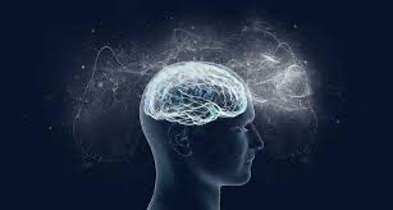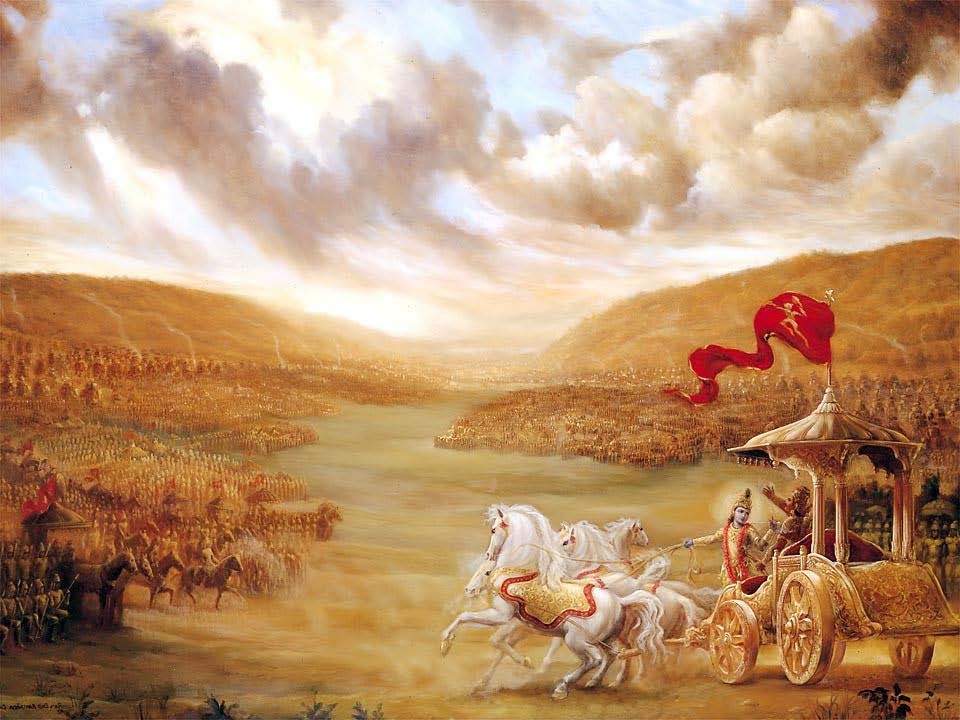- Visitor:16
- Published on:
“A trans-scientific system ?”Ayurveda Knowledge System – 5
In this article, P. Ram Manohar explains that Ayurveda is a trans-scientific system of knowledge that accepts but transcends the method of science.

Limits to Ayurvedic Epistemology and the Trans-Scientific Nature of Ayurveda
If there is one thing that prevented knowledge systems like Ayurveda from taking the direction of science as we understand it today, it has been the distrust in the ability of the rational and ordinary mode of consciousness to generate definite knowledge. Therefore, attempts to extend the scope of sensory perception did not gather momentum. Rather the focus was on nurturing the ability to awaken higher modes of awareness to transcend the limits of sensory perception. The recognition that the rational faculty cannot comprehend reality in a holistic way discouraged the growth of the experimental method. Thus, the application of extended sensory perception and the method of experiment, the strongholds of science do not figure prominently in Ayurvedic epistemology.
However, Ayurveda talks about existence of entities beyond the ken of sensory perception. The existence of microbes has been recognized and the texts clearly state that these micro-organisms are not visible to the naked eye (though it is not clear how their existence was discovered in the first place). The idea of experimentation and the testing of hypothesis is also not new to Ayurveda. The texts talk about hypothetical assumptions that get restricted or universal acceptance as valid propositions after rigorous testing by researchers. Tested and verified propositions are called as Siddhanta which means definite conclusion.
Ayurvedic texts recognize the limitations of its epistemological approach. After describing the gross anatomy of the human body, the Caraka-Samhita boldly confesses that what is described further is speculative and not final.
The limitations of the faculty of perception without the aid of external instrumentation prevented the ancient physicians to arrive at an accurate understanding of the microscopic anatomy of the human body. The Ayurvedic texts do not claim that all that is written down is authoritative and final. Speculative thoughts and assumptions are clearly demarcated and highlighted. However, when it comes to experientially verified truths, the texts mince no words in declaring its authority.
Both science and Veda (the method of knowledge building adopted in Ayurveda) accept the limitations of ordinary modes of consciousness and sensory perception.While science strives to extend sensory perception through the agency of sophisticated instruments, Veda attempts to transcend the limitation by reaching out to higher levels of awareness. Science takes the position of exclusivity by dismissing methods other than direct perception and inference as valid tools of knowledge. Meditation is beginning to catch the attention of scientists as a useful tool to calm the mind and normalize the body but it is yet to gain reputation as a valid tool to build knowledge. Veda, on the other hand, is inclusive and accepts both the intuitive and rational modes of consciousness as valid sources of knowledge.
Ayurveda cannot therefore be strictly called a science. Ayurveda does not oppose the methods of science, and so it is not correct to call it unscientific. Because Ayurveda does not seek to masquerade as a science, it is not fair either to characterize it as pseudo-scientific. It therefore seems appropriate to understand. Ayurveda as a trans-scientific system of knowledge that accepts but transcends the method of science.
References
Acharya, Yadavji Trikamji (Ed.), Caraka-Samhita, Varanasi: Chaukhamba Surabharati, 2000. – (ed.), Susrata-Samhita, Varanasi: Chaukhamba Surabharati, 1994.
Acharya Kedaranatha Tripati, Tarka-Samgraha: Nyayabodhini Sanskrit and Hindi Vyakhyana, Varanasi: Kashi Hindu Visvavidyalaya, 1985, 2nd Edn.
Athvale, Ananth Damodar, Astanga-Samgraha, Poona: Mahesh Anand Athvale, 1980.
Expanding Horizons of Health Care – Five Year Strategic Plan 2001-2005, National Center for Complementary and Alternative Medicine (NCCAM); 25 September, 2000: NIH Publication No. 01-5001.
[Source: P. Ram Manohar, “Ayurveda as a Knowledge System” in Kapil Kapoor and Avadhesh Kumar Singh. eds., Indian Knowledge Systems. Vol.1, (Shimla: Indian Institute of Advanced Study, 2005), pp. 156-170].
Center for Indic Studies is now on Telegram. For regular updates on Indic Varta, Indic Talks and Indic Courses at CIS, please subscribe to our telegram channel !
- 8 min read
- 0
- 0










